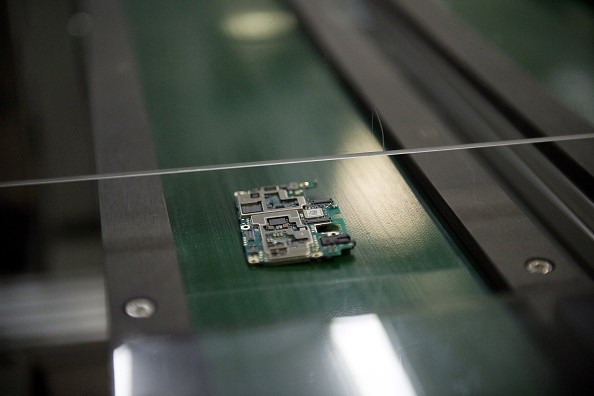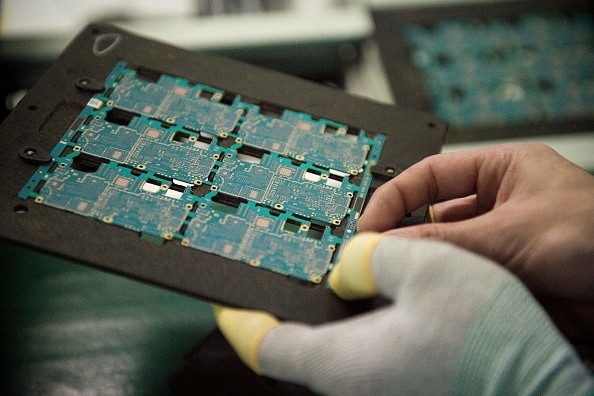Apple's A16 chip is expected to use the same 5-nanometer fabrication process. This means that it will be produced the same way that the current A14 and A15 SoCs (System on Chips) were manufactured.

This detail was revealed by Ming-Chi Kuo. He announced his prediction based on the latest roadmap of TSMC.
"Significantly better N3 & N4P won't start mass production until 2023," said the reliable Apple analyst via his official Twitter post.
(1/4)
— 郭明錤 (Ming-Chi Kuo) (@mingchikuo) May 29, 2022
According to TSMC's public announcements & the roadmap (source: https://t.co/EgzC8D1Wys):
1. Significantly better N3 & N4P won't start mass production until 2023.
2. N5P & N4 are the latest technologies Apple can use for 2H22 products.
3. N4 has no advantages vs. N5P. https://t.co/k3OCX5EqjJ pic.twitter.com/kmzQEyxRkN
When it comes to performance, the N3 process is expected to make new chipsets that have higher computing features, as well as better power efficiency.
Recent rumors claimed that TSMC would start using this tech as early as 2022. But, it seems like this may not happen.
Apple A16 Chip To Use 5-Nanometer Fab
According to 9To5Mac's latest report, TSMC's 3nm and 4nm fabs will not be available for mass production. Kuo said that this situation may remain until 2023.

Also Read : Apple Will Soon Allow Users to Delete Their Account, User Data | Here's What You Need to Know
If this is true, then there's the new A16 SoC will likely rely on the 5nm fab tech. Now, will this be an issue?
Experts stated that using the same fabrication level will limit Apple from enhancing the new A16. But, minor improvements can still be made.
For example, the A15 chipset also used the same fabrication method that A14 SoC relied on. Despite this, the newer model still offered received a 10% performance improvement.
As of writing, many enthusiasts believe that the new A16 will be first integrated into the upcoming iPhone 14 smartphone, which is expected to arrive around October. But, only the Pro versions will have it, as reported by BGR.
Other Things Leaked by Ming-Chi Kuo
Aside from the 5nm fab-based A16 chipset, Kuo revealed other details included in the latest TSMC roadmap.
These include the arrival of the M1-based MacBook Air. The analyst claimed that the new device will be announced by Apple this coming fall.
This is quite different from the recent rumors stating that the new MacBook Air will feature the more advanced M2 SoC. If you want to learn more about the new Apple laptop, visit this link.
Previously, the new iPhone Instagram-like comments arrived.
On the other hand, some speculations claim that Apple HomePod smart speaker will return this 2022.
For more news updates about Apple and its upcoming products, always keep your tabs open here at TechTimes.
Related Article : [RUMOR] BOE Lowers iPhone Display Specs Without Apple's Consent-Will It Lose iPhone 14 Deal?
TechTimes own this article
Written by: Griffin Davis
ⓒ 2026 TECHTIMES.com All rights reserved. Do not reproduce without permission.




